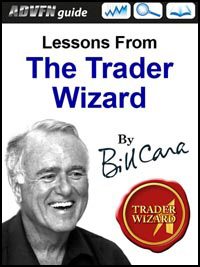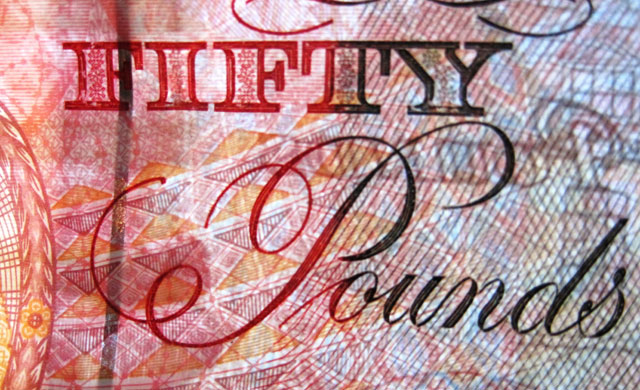 “As complex as it might seem, the market is merely a case of “people acting like people” — with all their fears, enthusiasms, prejudices, stupidity and wisdom. Together, we create prices.
“As complex as it might seem, the market is merely a case of “people acting like people” — with all their fears, enthusiasms, prejudices, stupidity and wisdom. Together, we create prices.

We are the market.”
In this exclusive extract from his latest book Lessons From The Trader Wizard Bill Cara, the Trader Wizard and Free Market Patriot, provides a clear and concise explaniation to the markets, trading and teaches the necessary lessons for capital market success.
What is the Market? – by Bill Cara
Trading in securities and contracts is not investing. All of us invest in assets like homes and cars and personal computers and, just like Warren Buffett and Bill Gates, some of us even buy companies. 99% of the rest of us in the market trade securities, which are the prices of stocks and bonds, options, futures, commodities and “Forex”, in what is called the capital market.
A security is a financial instrument that has real value evidenced by “underlying” equity or debt. A commodity or financial future includes all products and forward contracts linked to those products that trade on an exchange. These can be physical goods, foreign currencies, financial instruments and market indexes, trading either at spot (cash) or forward prices.
In the case of commodities and futures, there is no equity, debt, or physical value. Instead, there is time value. When you trade time contracts, you engage in a zero-sum activity, which simply means that no new wealth is generated. The impact of futures trading, of course, helps establish a cash or spot price that reflects the sum of knowledge of the “underlying” security, including projected price trends.
There is no principal value at the end of the contract. The expression “zero-sum” means that winners equal losers. Everybody pays transaction costs, including charges not fully disclosed in a net price.
While a capital market is one that involves only debt or equity securities, I refer to all matters relating to securities, currencies, futures and commodities as involving the capital markets. Let’s not get stuck on semantics.
In this book, I’m not here to tell you that trading in any type of security is best or that trading securities is better or worse than trading time-based contracts. Trading is about the process of finding a price that differs from the underlying value. I am here to tell you about the trading process and how you can become successful at it.
In the market, we trade prices and most traders never thought about it in those terms.
We all bring a different set of values, personalities and resources to the market. With a conservative leaning you will tend to see danger in markets. If you are an enterprising sort, you will often see the lack of creativity of traditionalists. If you are speculative, you will soon see that most traders are predictably inactive and wonder why.
In this book I give what I believe is sufficient information covering a wide enough range of topics in capital markets to help you become a successful trader. This information is based on my professional experience.
Precious little information on capital markets is qualified, independent and/or objective. You will soon find that you can trust the information here.
There are no absolutes in the market. Here, you will see the markets as I see them.
There are aspects of Wall Street that I don’t care for — I have been there and done that. Based on many years’ experience, there are people, tricks and concepts I don’t trust and neither should you.

 Hot Features
Hot Features













